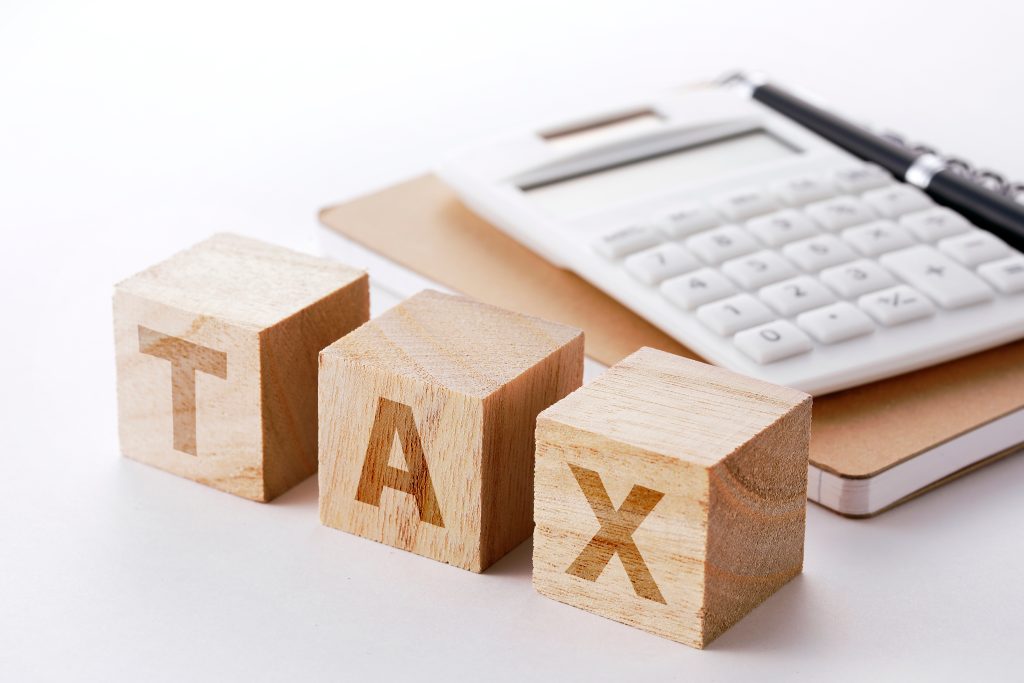As the leaves fall and temperatures drop, November serves as a crucial reminder that the year is drawing to a close. It’s a month for planning, preparing, and, most importantly, optimizing your finances before the tax season arrives. Today we’re providing November tax planning advice, valuable insights, and ways that eTaxService.com can help out.
Understanding the Significance of November Tax Planning:
November presents a unique window of opportunity for taxpayers to take proactive steps to optimize their financial situation before the year concludes. Here’s why November tax planning matters:
- Maximizing Deductions: November is an ideal time to assess your potential deductions. Whether it’s charitable contributions, business expenses, or education-related costs, understanding your deductions now can lead to significant tax savings.
- Capitalizing on Credits: Explore available tax credits that can directly reduce your tax liability. This includes education credits, energy-efficient home credits, and other incentives that may be available to you.
- Assessing Investment Strategies: Evaluate your investment portfolio and consider any tax implications. Loss harvesting, optimizing gains and losses, and contributing to tax-advantaged accounts can all be part of your November tax strategy.
- Reviewing Retirement Contributions: Take advantage of the remaining time in the year to maximize contributions to your retirement accounts. Doing so not only helps secure your financial future but can also result in valuable tax benefits.
How We Simplify Your Tax Planning:
As November unfolds, seize the opportunity to optimize your finances and prepare for a stress-free tax season. eTaxService.com is your trusted companion in this journey, providing expert guidance, comprehensive tax tools, and secure tax preparation services. Visit our Contact Page or call 734-285-5528 to connect with the Tax Agent that will enhance your tax status.



